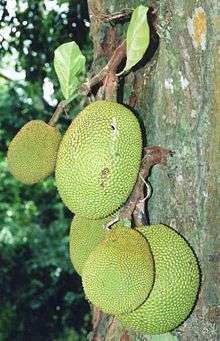Wildcrafting
Wildcrafting is the practice of harvesting plants from their natural, or "wild" habitat, for food or medicinal purposes. It applies to uncultivated plants wherever they may be found, and is not necessarily limited to wilderness areas. Ethical considerations are often involved, such as protecting endangered species, potential for depletion of commonly held resources, and in the context of private property, preventing theft of valuable plants (for example, ginseng).
When wildcrafting is done sustainably and with proper respect, generally only the fruit, flowers or branches from plants are taken and the living plant is left, or if it is necessary to take the whole plant, seeds of the plant are placed in the empty hole from which the plant was taken. Care is taken to remove only a few plants, flowers, or branches, so plenty remains to continue the supply.[1]
See also
References
- ↑ Buren, Bruce. "Wildcrafting: A "simple" life fraught with a host of complex ethical and practical considerations". The Rodale Institute. Retrieved 12 October 2010.
